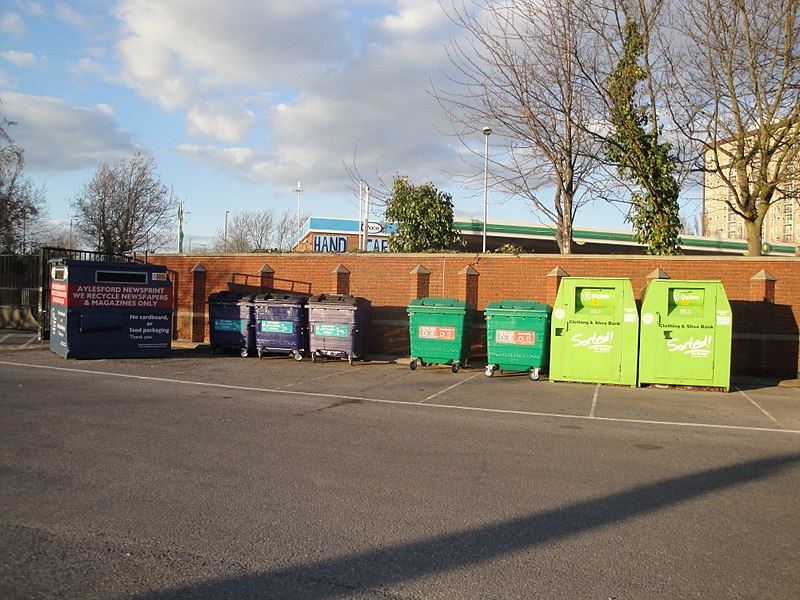
Families in Scotland may face fines or even criminal records for improperly using waste bins, as part of a new crackdown by the SNP and Greens. Local councils would be granted the authority
to impose fines on households that fail to recycle correctly under these new measures.
The penalties are expected to be set at levels similar to parking fines, starting at £60 and potentially reduced to £30 if paid within two weeks. "Serious and persistent" offenders could be referred to the police and potentially face criminal prosecution. Additionally, local authorities may intensify surveillance on household waste bins.
These stringent plans were revealed in the Circular Economy Bill, which also includes the possibility of implementing a "latte levy" on single-use takeaway coffee cups. The SNP had previously abandoned the Deposit Return Scheme (DRS), a proposal to add a refundable 20p charge to the price of drinks in plastic bottles, glass bottles, or cans, deeming it poorly conceived and costly.
Critics argue that while some measures in the bill are welcomed, they are considered inadequate and belated, with many targets likely to be missed. They suggest that public support is crucial for the success of such initiatives, and the Scottish Government has been criticized for imposing ill-conceived plans without proper consideration. The implementation of policies like the DRS has been deemed chaotic, highlighting the need for more effective strategies.
The Circular Economy Bill also includes provisions to prevent shops from destroying unsold consumer goods and introduces fines for individuals who litter from vehicles. These stricter regulations on household recycling come shortly after the government abandoned its plans for the DRS.
According to documents released alongside the legislation, approximately one-fifth of items designated for recycling are non-recyclable, leading to increased costs and potential incineration or landfilling. Currently, councils can issue notices to householders to ensure proper waste disposal. However, the proposed legislation empowers local authorities to impose civil fines and involve the police for serious offenders.
The Scottish Government stated that it would provide guidance to ensure proportionate use of council powers and set recommended fine levels. Authorities will still issue written warnings initially and, if non-compliance persists or is repeated within a year, may impose civil penalties or fixed penalty notices. In severe cases, the police may be notified.
The Bill also includes proposals to grant powers to require suppliers of single-use items to charge customers. An early application of these powers would be a charge on disposable beverage cups, known as the "latte levy," with the proceeds used to support other environmental initiatives. The specific charge amount has not been determined, although government advisors have suggested a range of 20p to 25p.
Business leaders have noted that many companies have already implemented their own charges, making legislation less necessary. Concerns have been raised about potential excessive powers related to the banning of the destruction of unsold durable goods, such as single-use disposable cups, as it may adversely affect the food and drink manufacturing industry and other sectors.
Circular Economy Minister Lorna Slater expressed her desire for a modern and user-friendly waste management system that encourages responsible behavior. The Circular Economy Bill aims to provide local councils and the Scottish Government with the necessary tools to transform the economy and combat throwaway culture. Photo by Editor5807, Wikimedia commons.




































